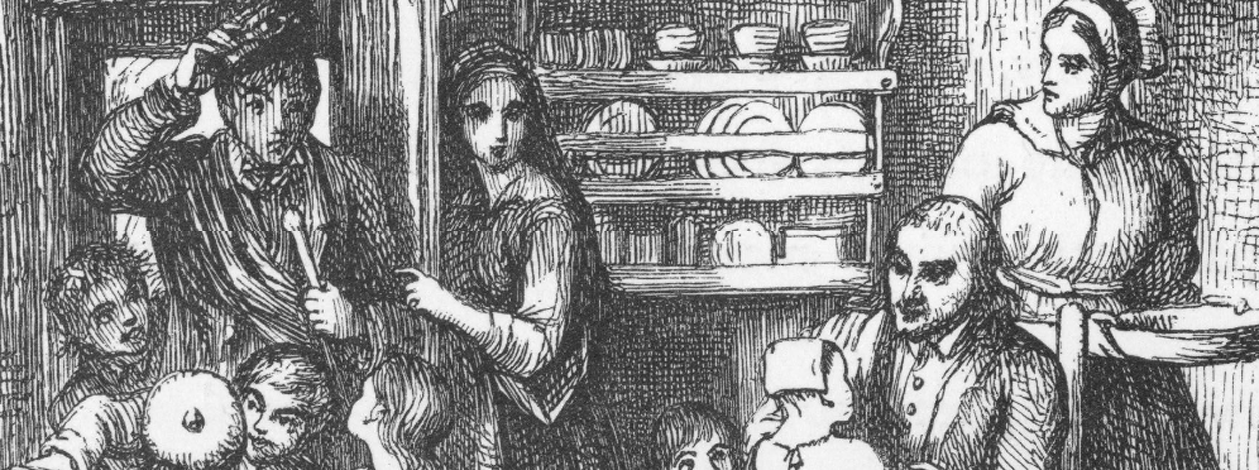This project developed a database as a tool for describing and analysing the representation of dialect in novels, and recorded the representation of dialect in 100-120 novels published between 1800 and 1836.
The database was used to provide an account of the way in the fictional representation of dialect developed during this period, situating this account within the broader context of literary history. It was also be used to explore the ways in which attitudes towards dialects and dialect speakers changed during this period, situating this account within the broader context of the history of the English language.
The project grew out of what appears to be a very simple question: why is dialect speech represented in novels? A number of general reasons can be offered with reference to, for example, characterisation, narrative structure and genre conventions. However, when applied to specific novels, each of these explanations gives rise to further questions: why was this particular dialect chosen? Why is it represented through this set of linguistic features? Why does this character speak dialect but not that character? It is apparent that no single set of explanations can account for the way in which dialect is represented in all novels, and also that the function of dialect representation is subject to change over time.
To date there has been surprisingly little work that takes a historical view of the representation of dialect in English literature. This project focused on a period that has been particularly neglected, 1800-1836. This period is of particular interest because it comes after the publication of William Wordsworth and Samuel Taylor Coleridge’s ‘Lyrical Ballads’, which greatly influenced the way in which poets used dialect, but before the publication of the novels of Victorian authors such as Charles Dickens and Emily Bronte, who are perhaps the best-known proponents of the use of dialect in novels.
Website
Duration: 1st September 2009 – 31st August 2011
Project Team
- Dr Jane Hodson (PI – School of English, University of Sheffield)
- Dr Julie Millward (Research Associate – School of English, University of Sheffield)
- Katherine Rogers (Developer – The Digital Humanities Institute)
